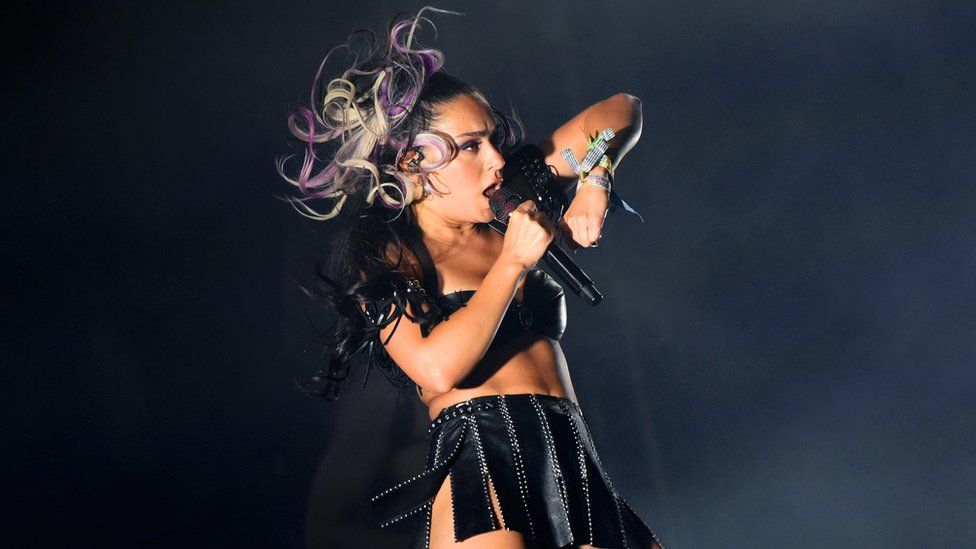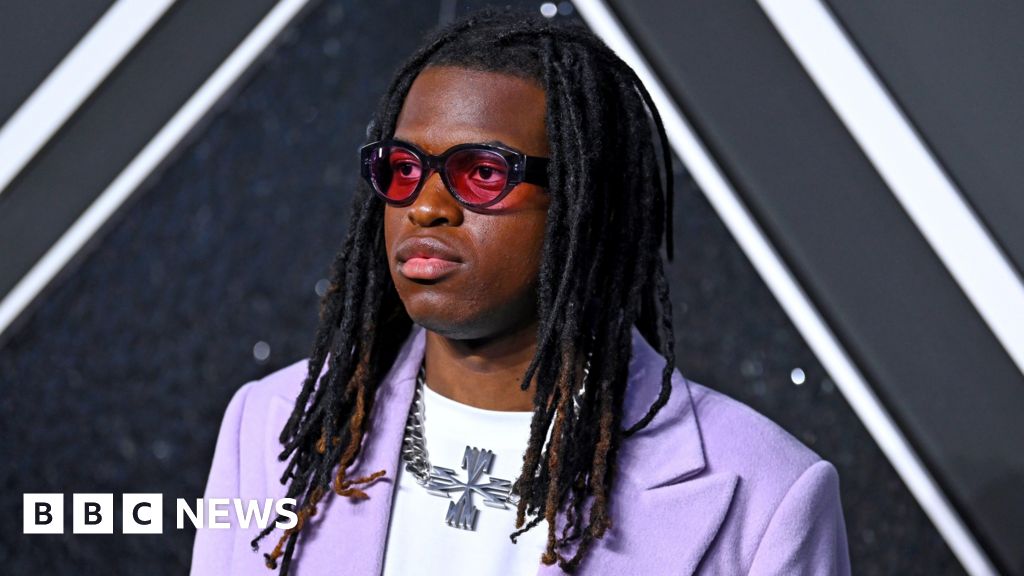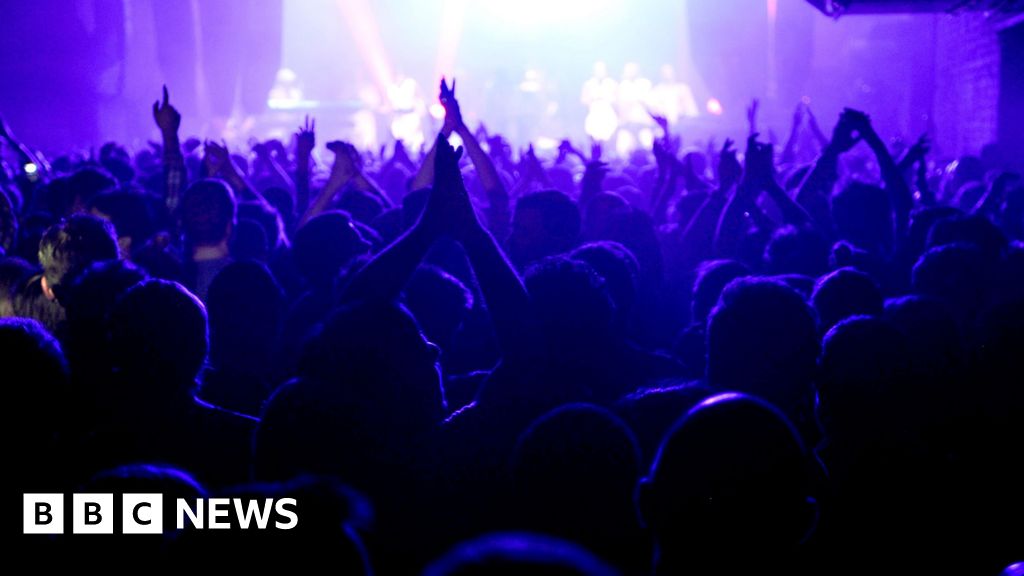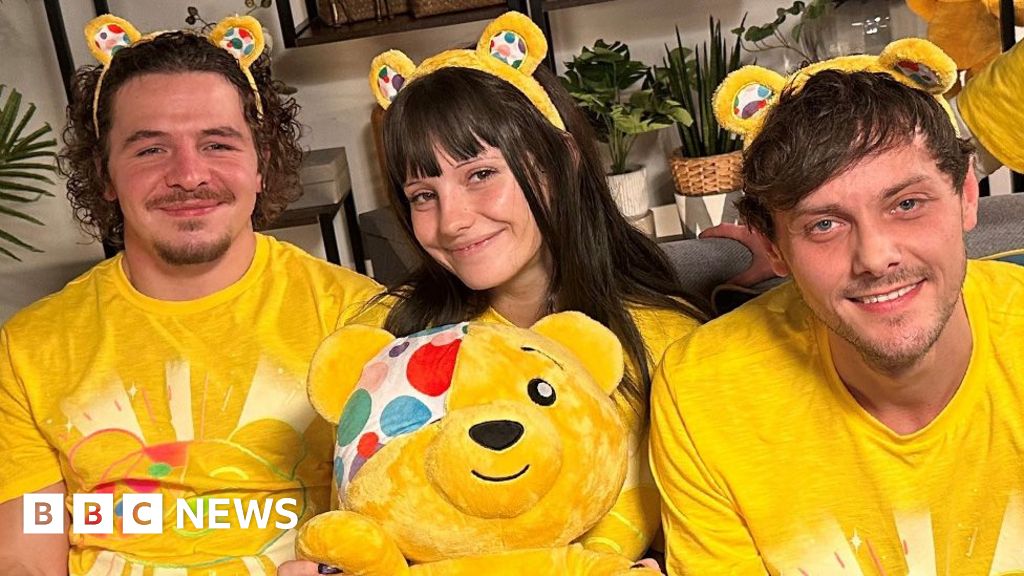ARTICLE AD BOX
By Mark Savage
BBC Music Correspondent
 Image source, Getty Images
Image source, Getty Images
For the last 15 years, Charli XCX has been one of pop's boldest stars.
Her prodigious output - five albums, four mixtapes, three EPs and countless other hits for other artists - has pushed the boundaries of what commercial music can sound like, balancing her undeniable pop instincts with rebellious, alien production.
That versatility has allowed her to straddle two worlds, touring stadiums with Taylor Swift, while cultivating an audience of pop connoisseurs for cutting-edge tracks like Vroom Vroom and the appropriately-titled Next Level Charli.
With her latest album, Crash, she combined the two approaches, making what she jokingly referred to as a "major label sell-out" record.
For the first time in her career, Charli let outside writers pitch ideas to her, and incorporated classic songs into her own compositions (Used To Know Me riffs on the Robin S house classic Show Me Love, while Beg For You borrows the melody from September's Cry For You).
"That's not normally something I would do but I was like, 'OK, if I'm gonna make a major label album, in the major label way, on the last album in my major label deal, then I should probably just do it'," she says.
Warning: Third party content may contain adverts
But the idea went deeper than playing by the rulebook after a decade of scribbling in its margins.
"Imagine if this entire album campaign was just a commentary on navigating the major label system and the sadistic nature of pop music as a whole?" she tweeted to her fans in January.
From the music to the visuals, the album makes a point about the ruthless way the industry treats young, female artists. In the past, Charli has accused her own record label - Atlantic - of delaying her releases and trying to manipulate her image. She also recalled a meeting where her bosses urged her to post "more relatable" content to her social media accounts.
"They were like, 'We just need you to post every Tuesday about your flaws and maybe you could post some pictures with dogs'," she told Dazed's A Future World podcast. "I stormed out. I was like, 'This is ridiculous!' It was crazy. That's not real."
Ironically, perhaps, Crash has become a major success, topping the UK album charts and giving Charli her first US top 10. Over the last six months, she's embarked on her biggest tour to date, playing 60 dates in 10 countries, as well as festival appearances at Reading, Leeds and Glastonbury (the latter while battling a nasty a hangover).
But on Tuesday, she'll cram 600 of her fans into Brighton's tiny Concorde venue, for a special gig highlighting the plight of small music venues in the UK.
The show is part of the Music Venue Trust's Revive Live series, which hopes to encourage audiences back to grassroots venues after the pandemic - while highlighting that 20% of the UK's music venues had already closed before Covid, with those that survived struggling to make ends meet during the cost-of-living and energy crises.
The MVT says many venues are in a worse position now than they were in the pandemic.
It's an issue that's close to Charli's heart, given that her career started at warehouse parties and small clubs when she was still a teenager.
Image source, Getty Images
Image caption,The star's hits include Boom Clap, Boys, 1999 and Beg For You
"Those smaller spaces were really important to me," she says. "Those were the places where I first met people at similar stages of their career, exploring their musical identity and figuring things out, much like I was.
"Each of us would bring maybe 20 people into a really tiny venue and it was so important in honing our craft.
"That's making sure we can keep these spaces open is really important to younger artists."
Born in Essex as Charlotte Emma Aitchison, Charli played her first ever show in an old peanut factory where the wooden floors came perilously close to caving in.
In an early interview, she recalled singing while "standing on a crate with my iPod" while half of the audience passed out on drugs.
Her parents, who accompanied her to a lot of her early shows, were divided on whether this was a good environment for their school-age daughter.
"My mum was really, really worried. My dad loved it. I think it made him feel like a kid again."
These days, her shows are more professional. Rolling Stone magazine recently lavished praise on her sold out Alexandra Palace gig, saying "an artist this in command of the stage should be headlining festivals".
But Charli still misses the chaotic energy of her early days.
"When I was younger, I was always up for getting down and dirty," she says. "I miss the ease and the fun of those shows, for sure."
At one point, she confesses, she tried to recapture the feeling.
"Five years ago. I used to request that my dressing room be trashed, like there'd just been a party in there," she laughs. "It was fun for about two weeks and then we were kind of just sitting in a literal mess.
"Now it's definitely a lot more health-orientated backstage - Kombucha and echinacea tablets. Real rock star stuff."
Image source, Atlantic Records
Image caption,Referencing the David Cronenburg film Crash, the artwork for Charli's latest album subverts the sexualisation of female pop stars by the music industry
That's partly a consequence of age. Charli turned 30 earlier this month and says she's had to start "making choices about when I'm going to to go raving, because I lose my voice a lot."
But her current tour also places bigger demands on her body - because a key part of her transformation into an "evil pop star" was learning how to dance like one.
Nowadays, he stage sweatbox of backbends, arm-snaps and body rolls that recall pin-sharp choreography of a Madonna tour.
"Now I'm 30, I realised I'd never learned a new skill and mastered it from the ground up," she says.
"So, whilst dancing isn't exactly a giant leap away from music, I really was not a good dancer at all, so I spent months and months learning and training.
"And I'm just really proud of myself for being able to start from nothing and end up with something that's really cool."
That's all well and good, I suggest - but the last time we spoke, in 2020, the star was practicing a different skill: Making soup.
Whatever happened to that?
"Oh yeah, I had a brief cooking phase in the lockdown," she laughs. "I'm afraid that didn't really get past the beginner stages".
Image source, Getty Images
Image caption,The star says she hasn't decided whether to go independent or sign another major label deal after Crash
The album she was recording during her soup phase was a six-week pandemic project called How I'm Feeling Now. Created with input from her fans, it ended up being nominated for the Mercury Prize; while Crash is her highest-charting record to date.
After years of working on the periphery of the mainstream, how does that feel?
"It's still a shock to me - and it's quite stressful because I'm like, 'Oh crap, what do I do now?'
"I feel like the narrative around my work has often been, 'She's one step ahead' or, 'She's pushing the boundaries and no one ever quite gets her.'
"So to achieve these things feels really special and unique, and it's something I feel like I've achieved with my fans.
"But at the same time, what does it mean for me?
"Maybe I really will have to pursue soup more seriously."
Follow us on Facebook, or on Twitter @BBCNewsEnts. If you have a story suggestion email entertainment.news@bbc.co.uk.

 2 years ago
76
2 years ago
76








 English (US)
English (US)